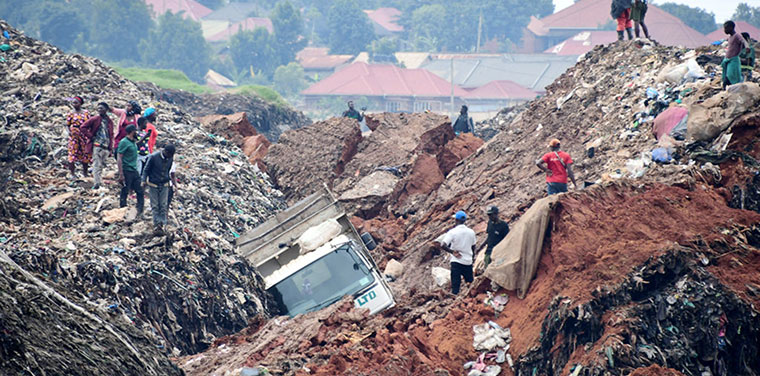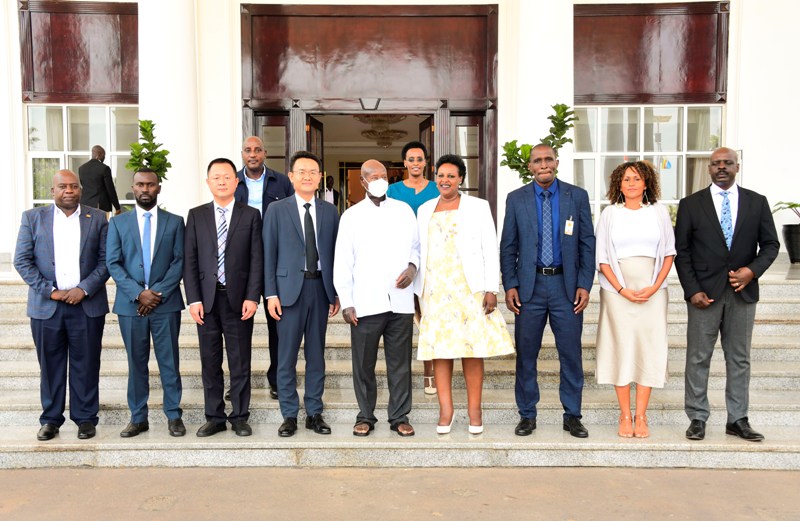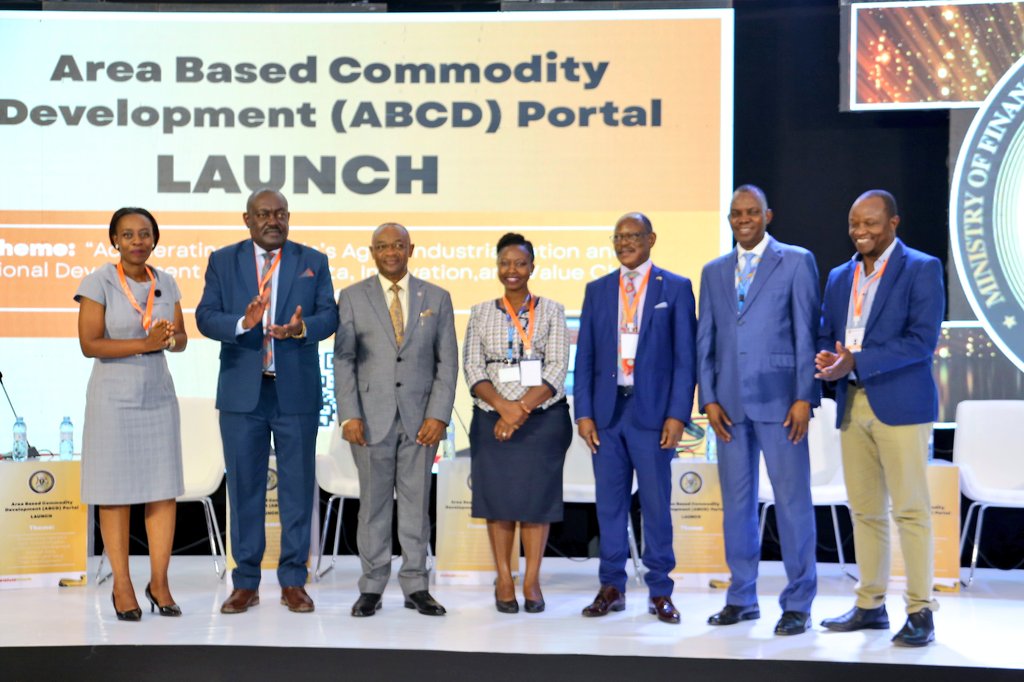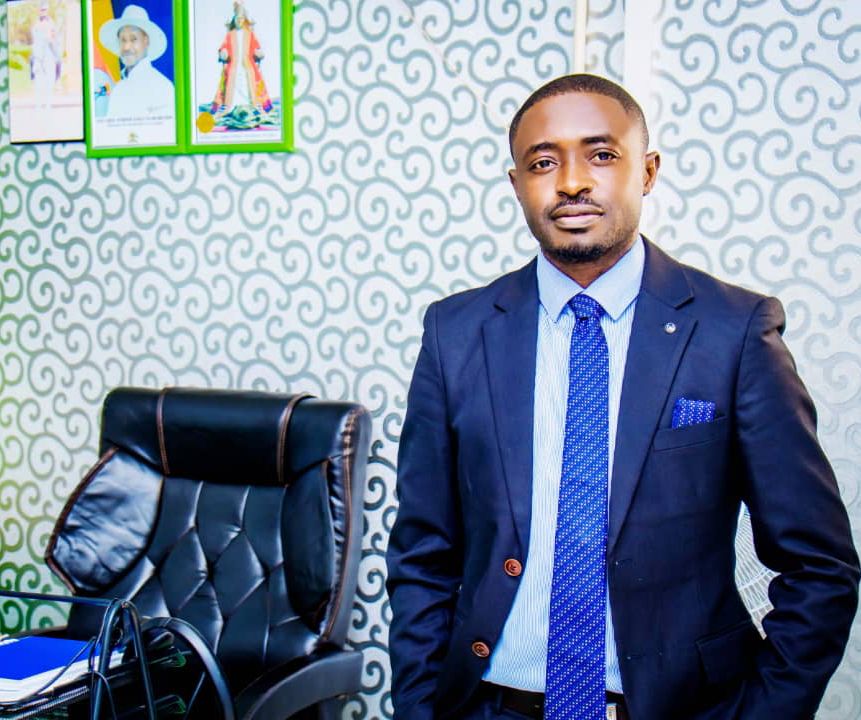UgandaAt62: Ugandans speak out on unresolved national issues
Despite the undeniable strides made since 1962, the country still grapples with deep-rooted challenges that echo its colonial past.

As Uganda celebrates 62 years of independence, the national flag flies high across the country. But beneath the fanfare of parades and jubilations, a more reflective conversation brews in homes, on street corners, and in online spaces.
Citizens from all walks of life are asking, Has Uganda fully achieved the promises of independence?
Despite the undeniable strides made since 1962, the country still grapples with deep-rooted challenges that echo its colonial past. From governance and corruption to inequality and tribalism, many Ugandans feel the journey to true independence is far from complete.
Political instability and governance gaps
Renowned political analyst Dr. Sarah Namutebi describes Uganda’s post-independence governance as “a patchwork of progress and setbacks.”
“Uganda has had its share of political upheavals and autocratic regimes, many of which have eroded the democratic foundations that were hoped for at independence,” says Dr. Namutebi. “While we’ve stabilized in recent years, governance challenges like corruption and a lack of political transparency continue to plague the country.”
Her sentiments resonate with many Ugandans, who feel disillusioned by governance structures that sometimes fail to reflect the voice of the people.
Jackson Ouma, a boda-boda rider in Kampala, shares his frustrations: “When we got independence, people believed in a better future. But what future is there when the leaders we elect don’t serve us? They are busy filling their pockets, while the poor suffer.”
Tribalism and National Unity
Uganda’s diverse ethnic landscape is often celebrated as a strength, but many Ugandans point out that tribal divisions still influence the political and social landscape.
“In my view, tribalism has held us back more than anything else,” remarks Edith Nakato, a high school teacher in Luwero. “People vote based on their tribe, and sometimes they are treated better or worse because of it. We haven’t yet forged that true national unity we hoped for after independence.”
Dr. Namutebi agrees, pointing out that tribal allegiances can undermine national cohesion. “Tribalism often manifests in subtle but significant ways, particularly in politics and employment opportunities. Until we address these divides, our nation cannot fully thrive.”
Corruption
For many Ugandans, corruption remains the most glaring unresolved issue.
“We fought for independence, but now we’re fighting corruption,” laments Maria Akello, a market vendor in Kampala. “Bribes have become normal. If you don’t have money to offer, you’ll struggle to get services—even the basic ones like healthcare or a government document.”
According to the Transparency International Corruption Perceptions Index, Uganda remains one of the countries most affected by corruption in East Africa. Akello’s experience is not uncommon; many citizens report daily encounters with a system that seems to benefit the few at the expense of the many.
“Corruption is the cancer that is slowly killing the potential of this country,” says Dr. Namutebi. “It undermines development, skews justice, and perpetuates poverty. If we don’t tackle it head-on, the ideals of independence will remain just that—ideals.”
Inequality and economic divide
Though Uganda has made notable economic progress, the wealth gap remains a significant concern, particularly in rural areas.
“The development is in the cities, but if you travel to the villages, you’ll see a different story,” says Samuel Turyagenda, a farmer in Mukono. “The roads are bad, schools are struggling, and we don’t get the same opportunities that people in Kampala do. Independence shouldn’t be just for the urban areas.”
Dr. Namutebi echoes this sentiment, stressing that economic inequality must be addressed if Uganda is to achieve true independence. “For many rural Ugandans, the benefits of independence haven’t been fully realized. There’s an urgent need to invest more in agriculture, education, and healthcare in these areas.”
As Uganda marks another year of independence, many citizens feel the time has come to revisit the nation’s founding promises and address the unresolved national issues that continue to hold it back.
“Independence is not just a historical event. It’s an ongoing process,” says Aisha Nassuna, a university student in Makerere. “It’s up to us, especially the youth, to ensure we push for the changes our grandparents fought for. Uganda can still reach its full potential, but we need to be the ones driving that change.”
From the vibrant streets of Kampala to the quiet villages in northern Uganda, citizens are united in their hope for a future where corruption is eradicated, tribalism no longer divides, and true equality is realized. While Uganda celebrates the achievements of the past, it is clear that the journey to independence is still unfolding—one that requires a collective effort from all its people.
In reflecting on Uganda’s progress, Dr. Namutebi sums it up best: “Independence is a marathon, not a sprint. We’ve made great strides, but the finish line remains ahead. Let’s use these unresolved issues as opportunities to strengthen our nation, so that future generations can enjoy the full fruits of our hard-earned freedom.”







